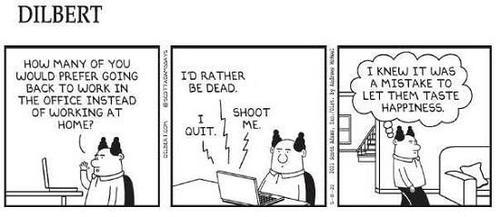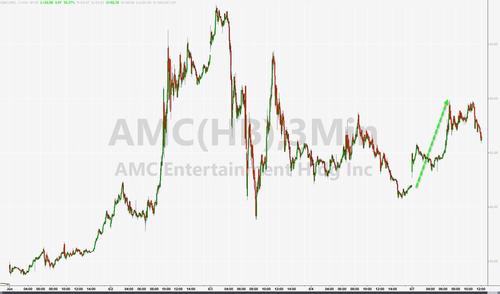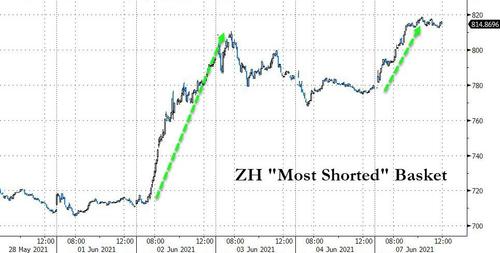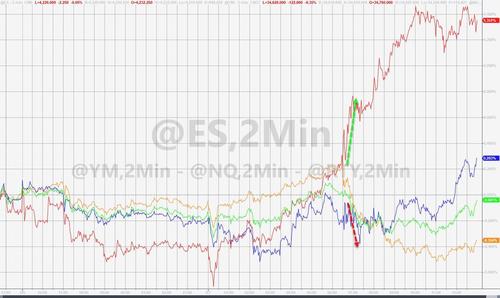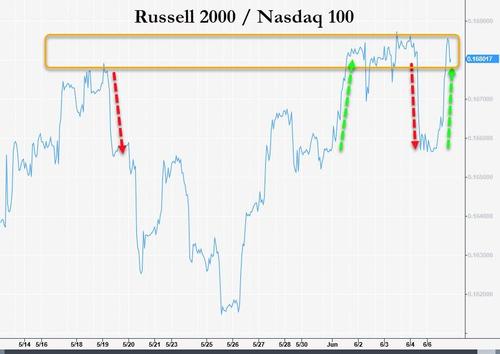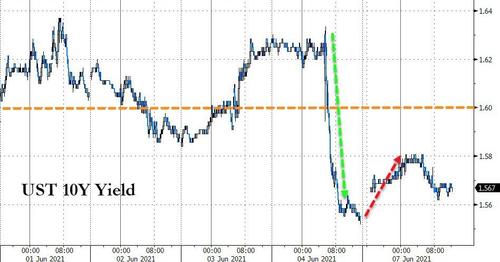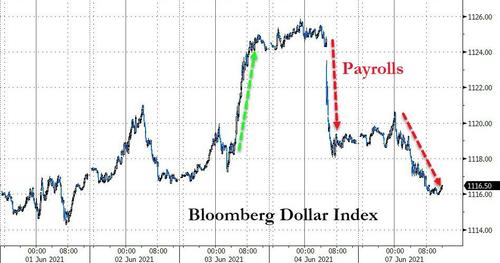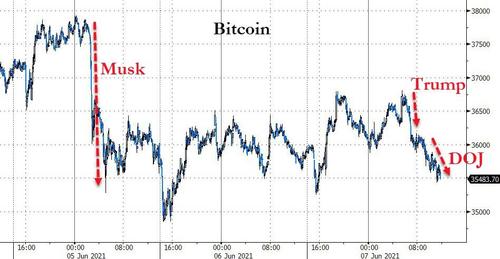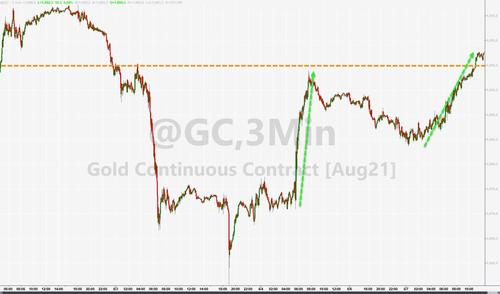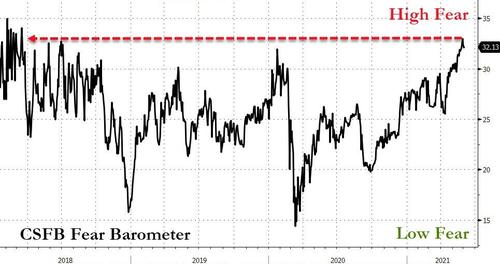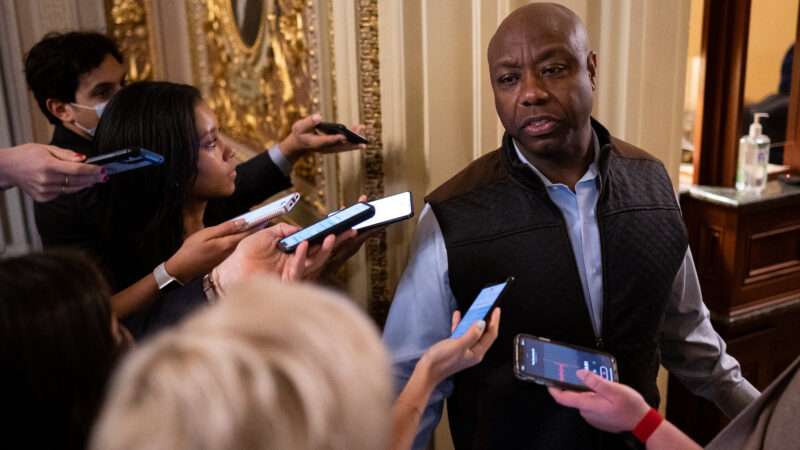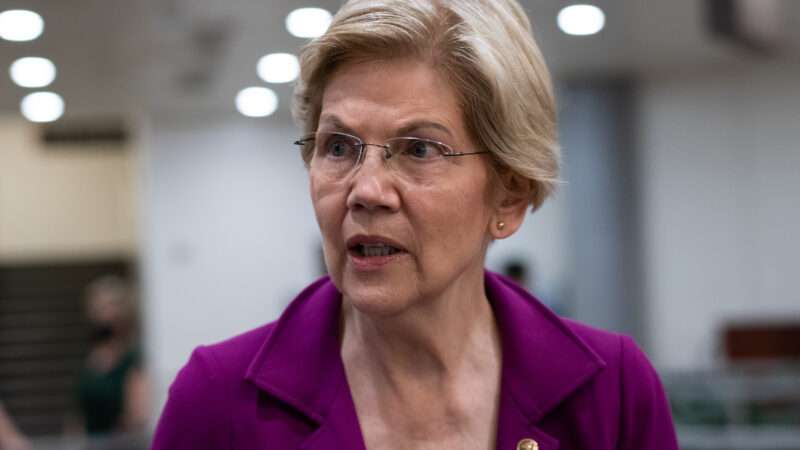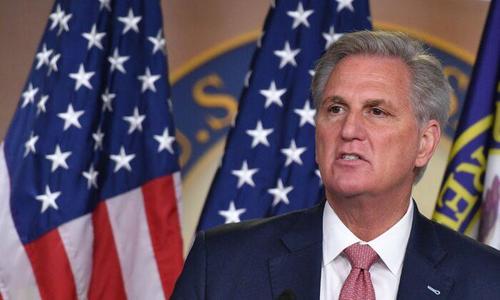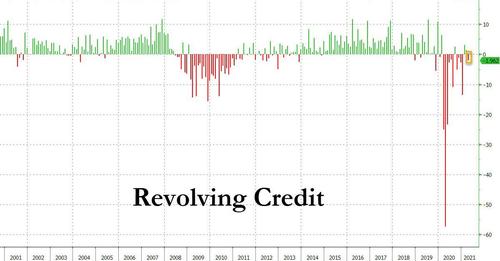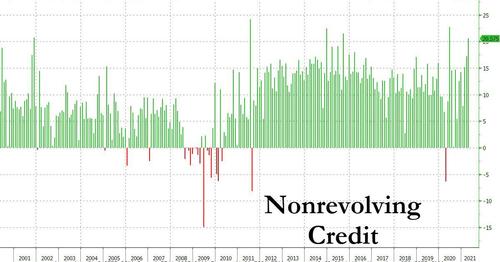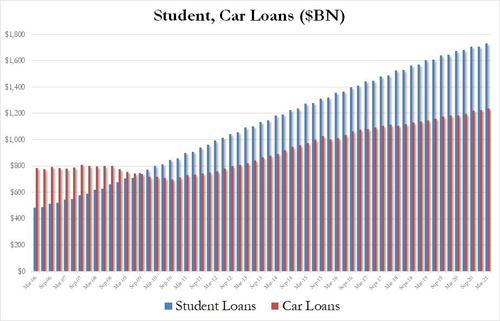Post-Pandemic Metamorphosis: Never Going Back
Authored by Charles Hugh Smith via OfTwoMinds blog,
People caught on that the returns on the frenzied hamster wheel of “normal” have been diminishing for decades, but everyone was too busy to notice.
The superficial “return to normal” narrative focuses solely on first order effects: now that people can dispense with masks and social distancing, they are resuming their pre-pandemic spending orgy with a vengeance, which augurs great profits for Corporate America and higher tax revenues. Yea for “return to normal.”
This superficial narrative ignores second-order effects of the pandemic. Recall that first order effects: every action has a consequence. Second order effects: every consequence has its own consequence. We can also think of these as direct (first order) and indirect (second order) effects.
The pandemic’s first order effect was to shut down the frenzied hamster wheel of American life. The consequence of the pandemic–shutdown–had its own consequence: people had the opportunity to experience life outside the frenzied hamster wheel, and ask themselves why they tolerated the dead-end purposelessness, demeaning rigidity and life-draining stress of the whole spinning contraption.
For a great many people and dynamics, the pandemic was a transformative catalyst, and there is no going back to pre-pandemic “normal.” Many people experienced a liberty and expansiveness they’d either never experienced or forgot that such things even existed. This experience triggered a Metamorphosis, and they’re never going back to pre-pandemic “normal” because “normal” was a nightmarish landscape of exploitation, drudgery, pathology and meaningless servitude.
Consider the re-chaining of the digital workforce to the Cubicle Plantation, where “free” (heh) snacks are supposed to compensate for the dreary Underworld of catatonic-inducing meetings and the rest of the plantation’s soul-crushing routines.
Many wage-slaves feel they have no choice but many others have decided they’re never going back.
A great many of the working poor have also decided they’re never going back, and the time away from their low-paid wage slavery opened up new possibilities, from better-paying jobs to flexible gigs to getting by on informal earnings and part-time work.
Though none of the spending orgy cheerleaders seems to have noticed, global tourism caught a potentially fatal disease in the pandemic’s shutdown, as residents discovered their cities, beaches and neighborhoods were actually beautiful and liveable again once the tourists all went away.
While all the corporations and investor-“hosts” profiteering from overcrowded, ruined cities and islands cheer the return of the millions, the residents are vowing to never go back. In Venice, the residents don’t want the giant cruise ships returning ever again. In Hawaii, only 14% of the residents approve of a return to the pre-pandemic crush that was ruining the state.
Freed of the burdens of tourism, people are now asking cui bono, to whose benefit? The apologists and PR hacks answer is always the $10/hour dead-end jobs, but the residents no longer buy the bogus PR, as they realize all the “benefits” flow to distant investors, not residents.
The overwhelming majority of Hawaii residents want far fewer tourists, and want those tourists to pay a lot more for the privilege of visiting. They also want limits on how many visitors are allowed daily into beach and other parks, and they want the visitors to pay admission and parking fees so locals can go for free. (Hawaii’s annual visitor count topped 1 million in 1969, when I was in high school, and the state was already crowded with tourists. In 2019, the annual visitor count topped 10.4 million.)
Residents from Barcelona to Maui want investor-owned BnBs in residential neighborhoods banned, as the global investor class has bought up real estate in “must-see” locales to profiteer off tourism, over-burdening infrastructure, destroying local neighborhoods and pricing locals out of homes.
The spending orgy cheerleaders are promoting a fantasy version of a time machine in which we reset the calendar to September 2019 and everything “goes back to normal.” Sorry, cheerleaders: second-order effects can’t be reversed and the cultural revolution is well under way.
People caught on that the returns on the frenzied hamster wheel of “normal” have been diminishing for decades, but everyone was too busy to notice. They all attributed their burnout, exhaustion and emptiness to specifics within their own lives, but now they’ve awakened to the reality that burnout, exhaustion and emptiness have always been systemic, i.e. the consequence of the system as the returns for participants diminish with every passing day.
* * *
If you found value in this content, please join me in seeking solutions by becoming a $1/month patron of my work via patreon.com.
* * *
My recent books:
A Hacker’s Teleology: Sharing the Wealth of Our Shrinking Planet (Kindle $8.95, print $20, audiobook $17.46) Read the first section for free (PDF).
Will You Be Richer or Poorer?: Profit, Power, and AI in a Traumatized World (Kindle $5, print $10, audiobook) Read the first section for free (PDF).
Pathfinding our Destiny: Preventing the Final Fall of Our Democratic Republic ($5 (Kindle), $10 (print), ( audiobook): Read the first section for free (PDF).
The Adventures of the Consulting Philosopher: The Disappearance of Drake $1.29 (Kindle), $8.95 (print); read the first chapters for free (PDF)
Money and Work Unchained $6.95 (Kindle), $15 (print) Read the first section for free (PDF).
Tyler Durden
Mon, 06/07/2021 – 16:20
via ZeroHedge News https://ift.tt/2Rvnemq Tyler Durden
